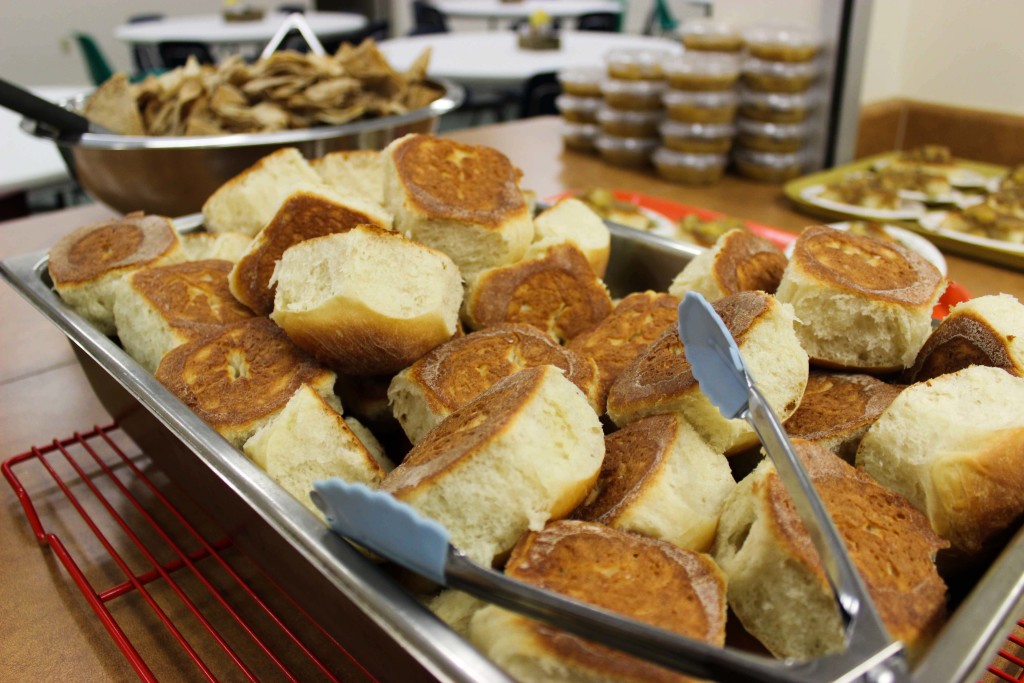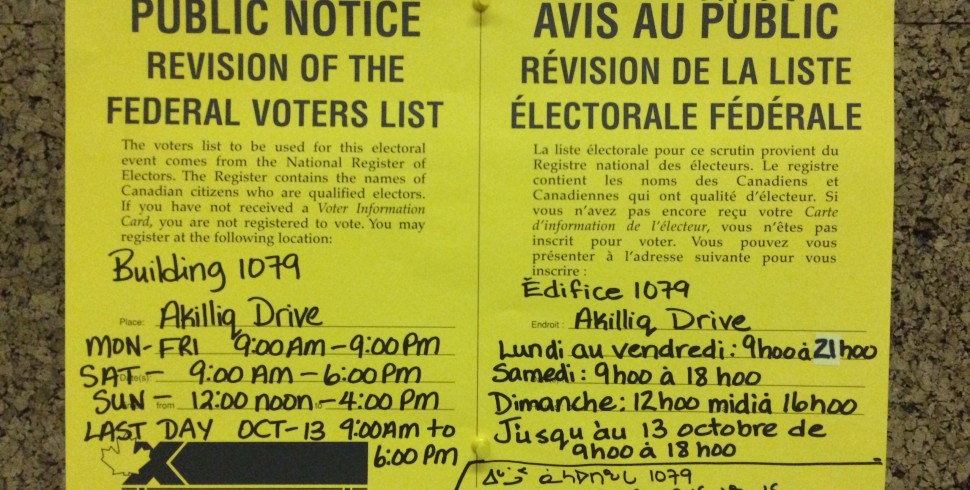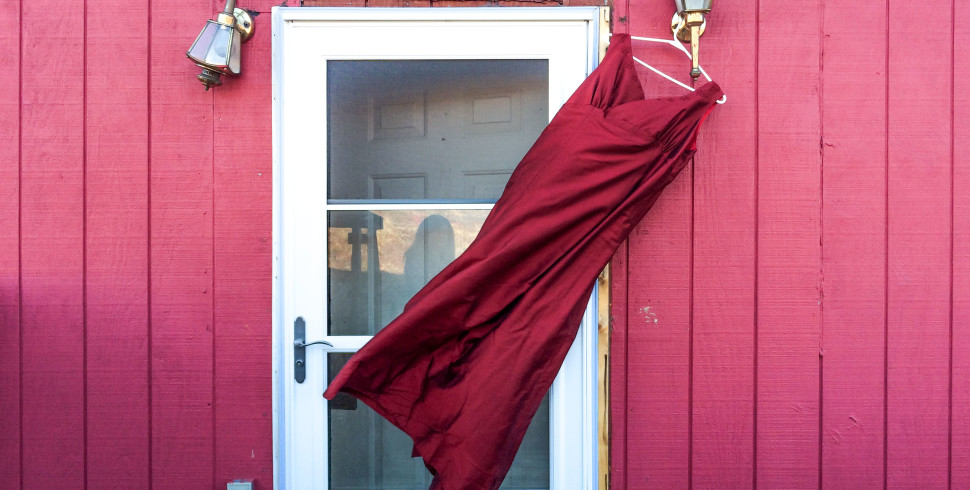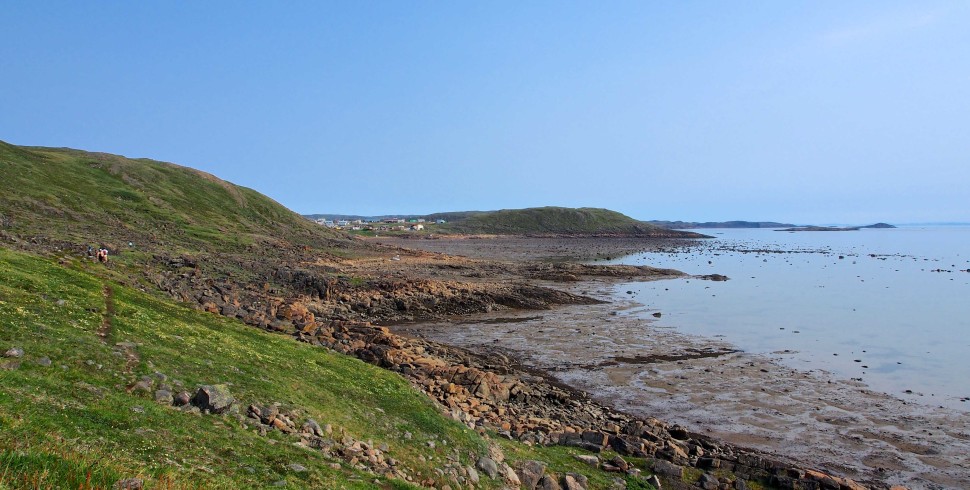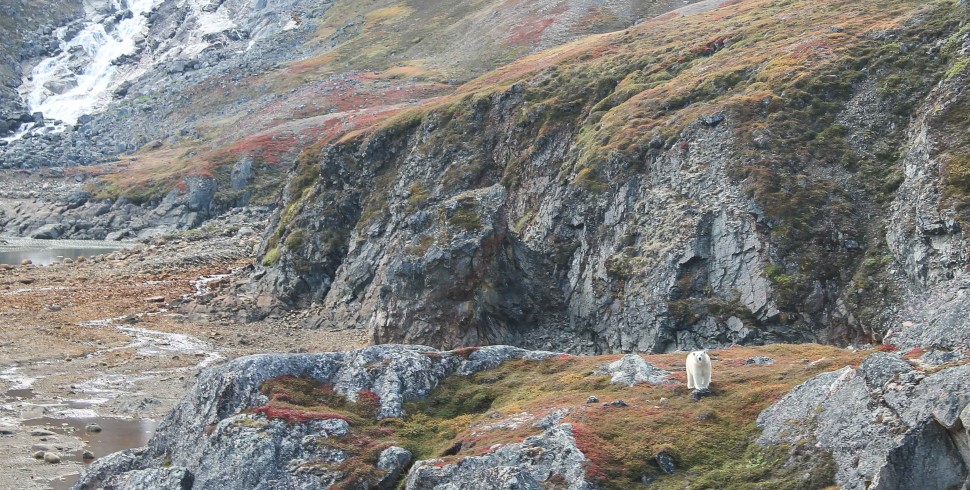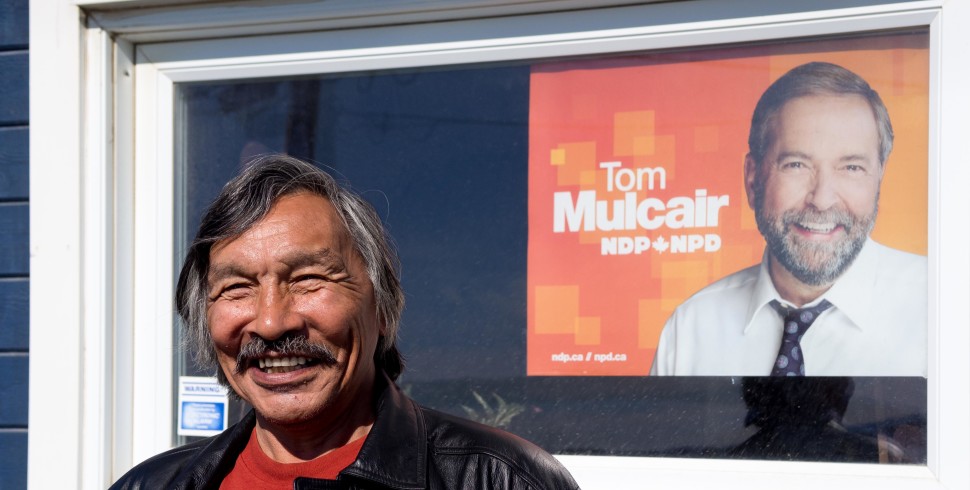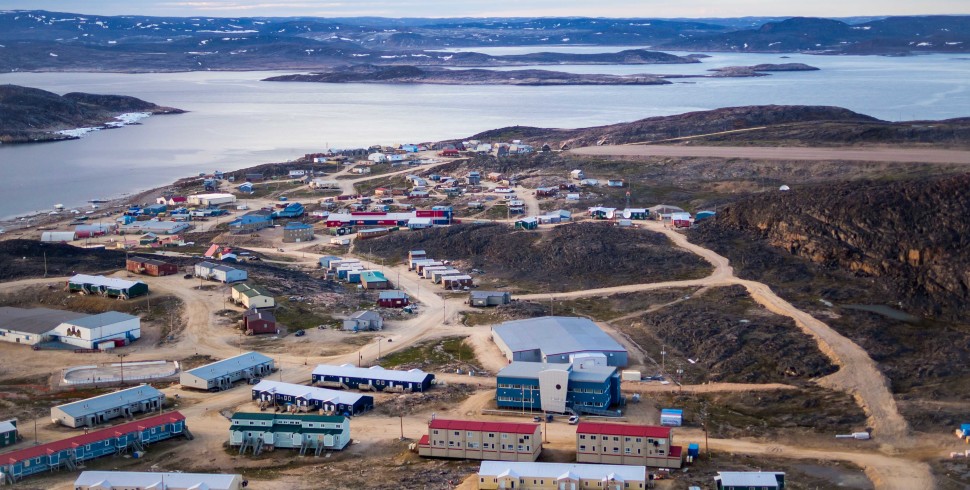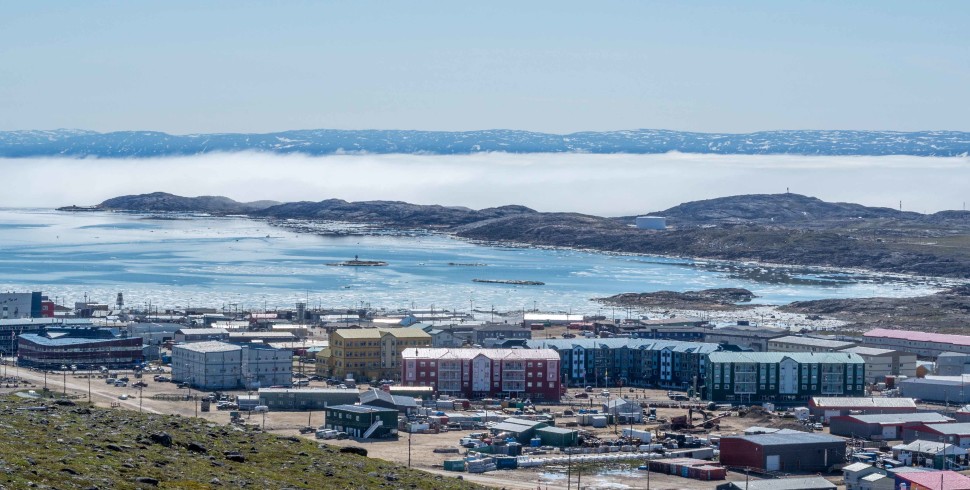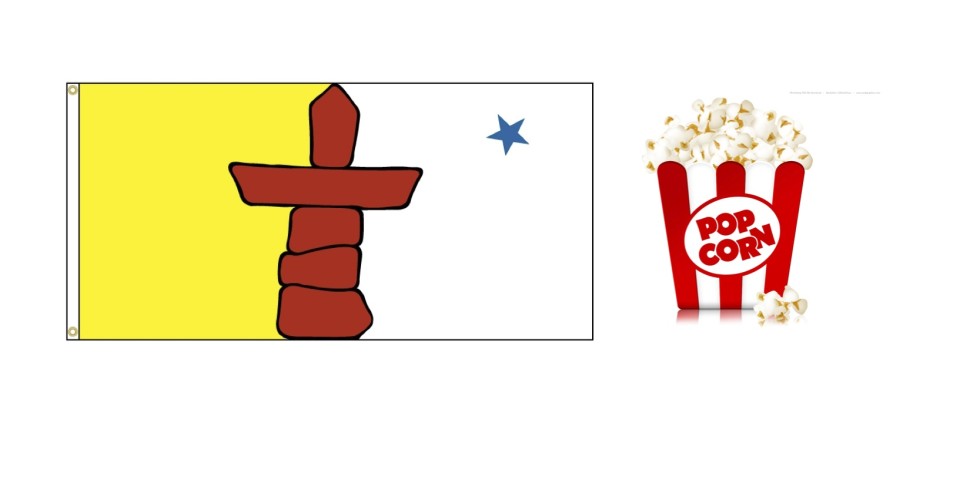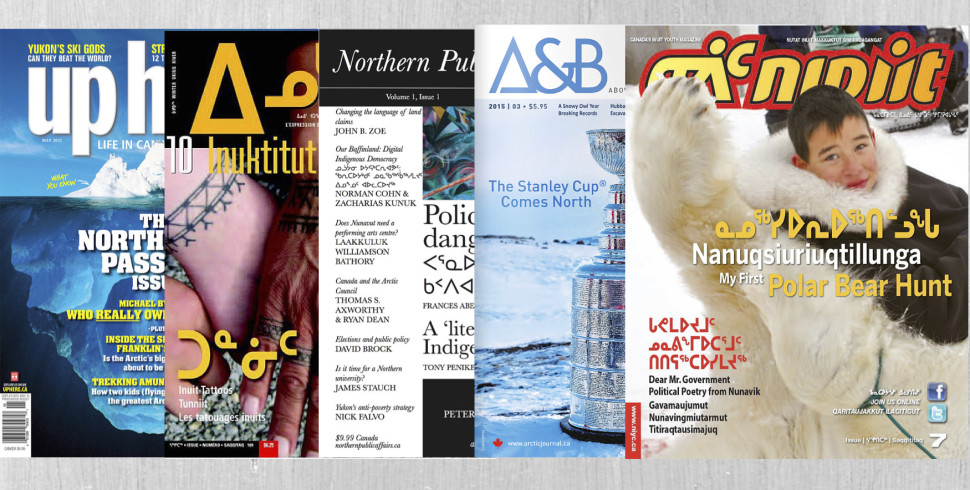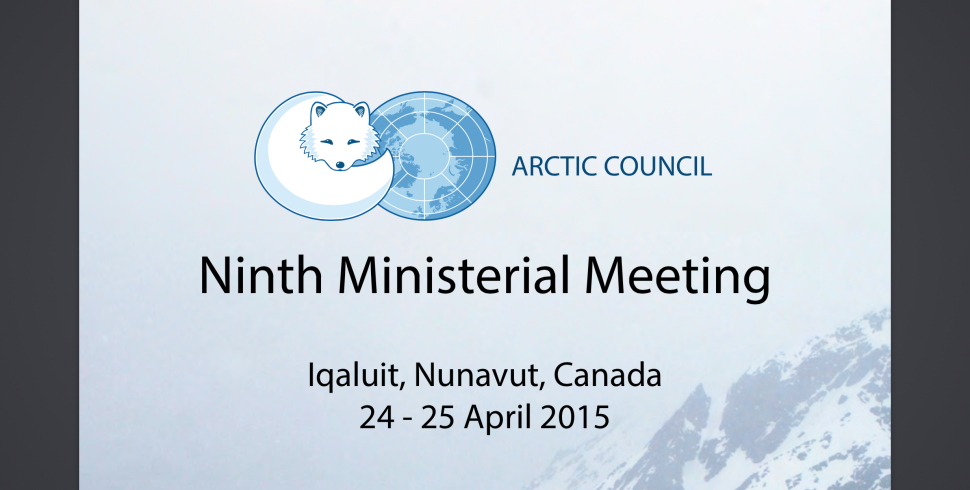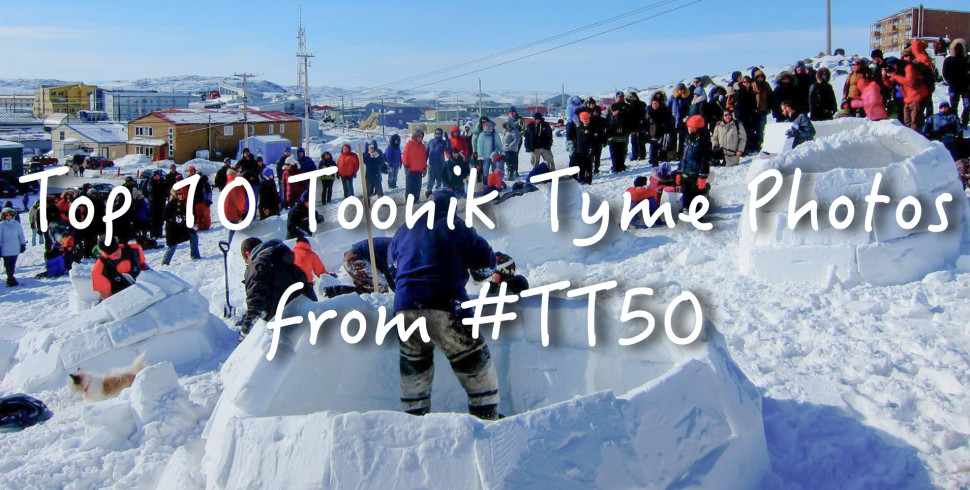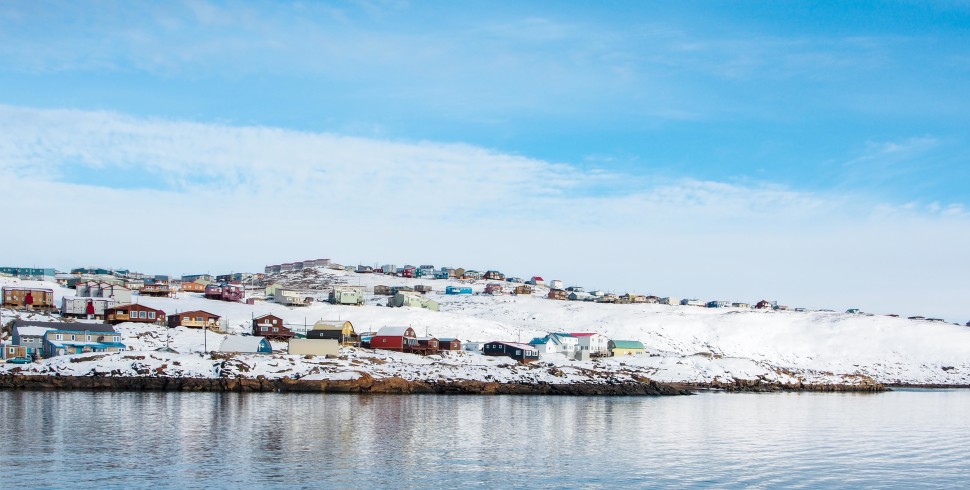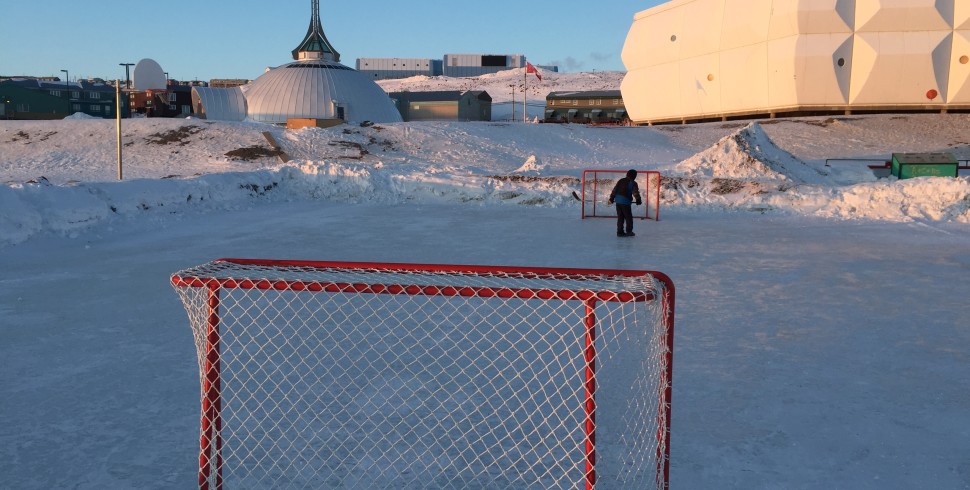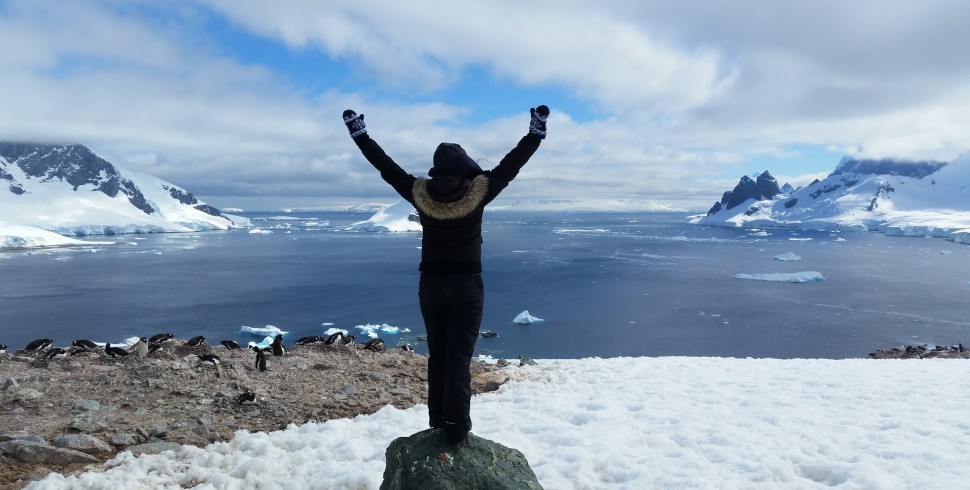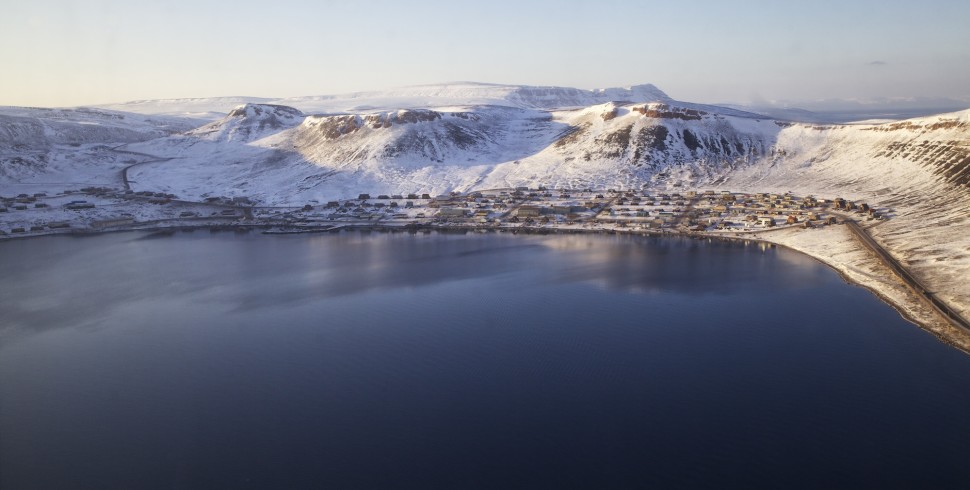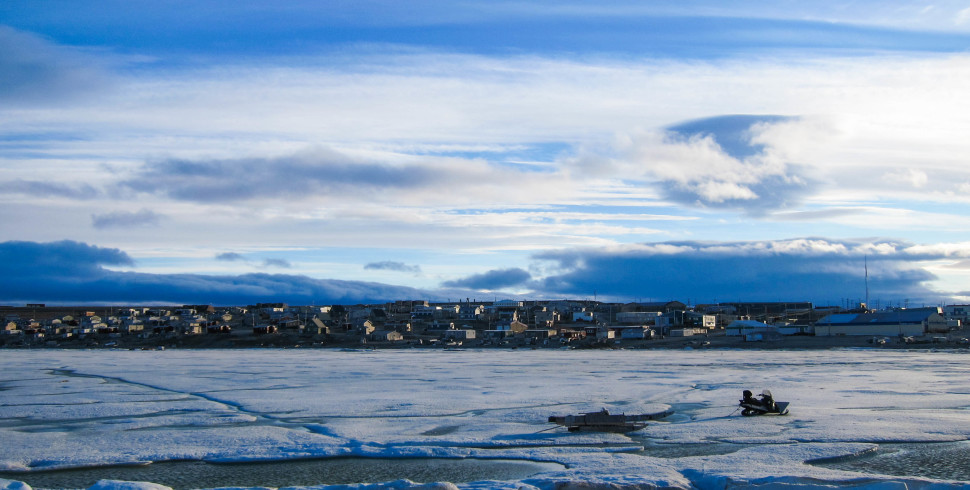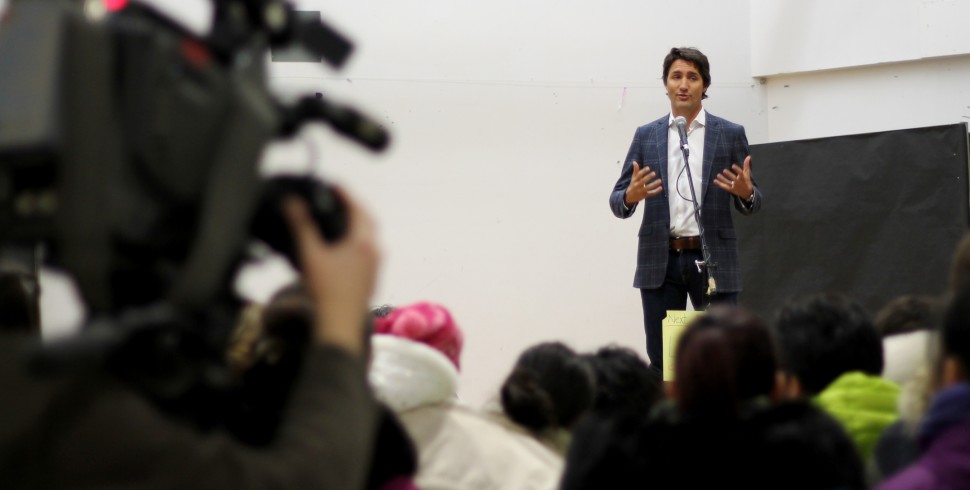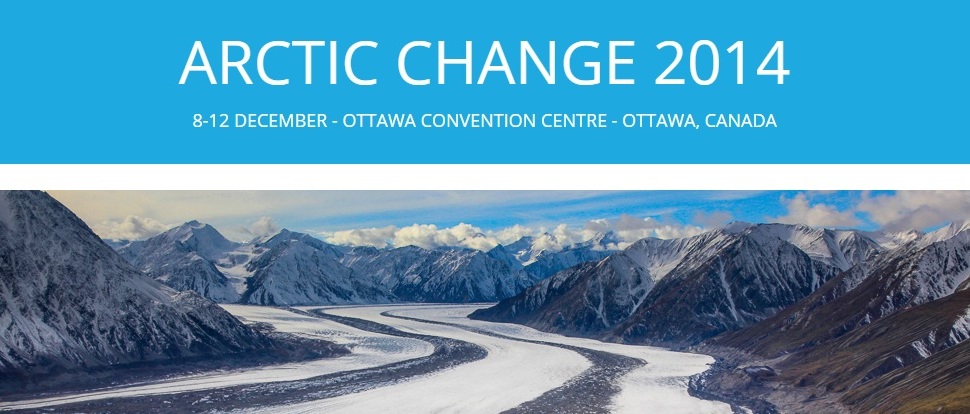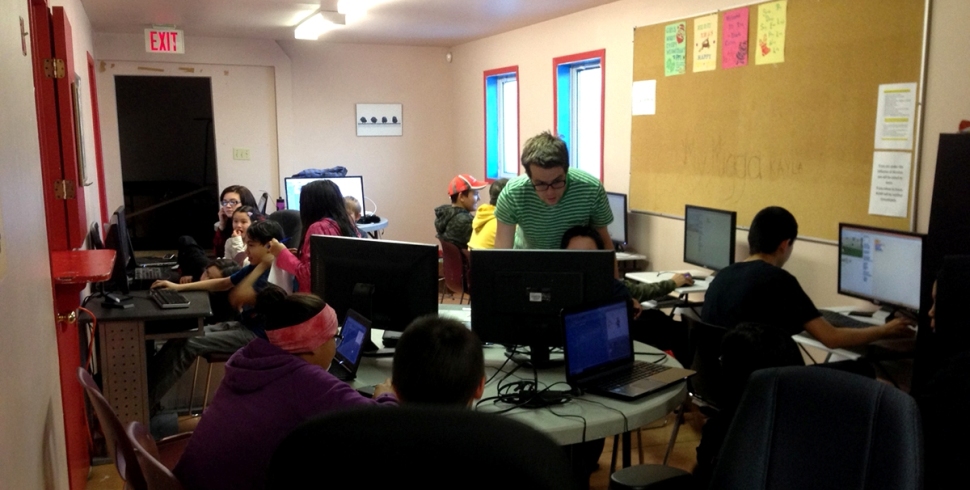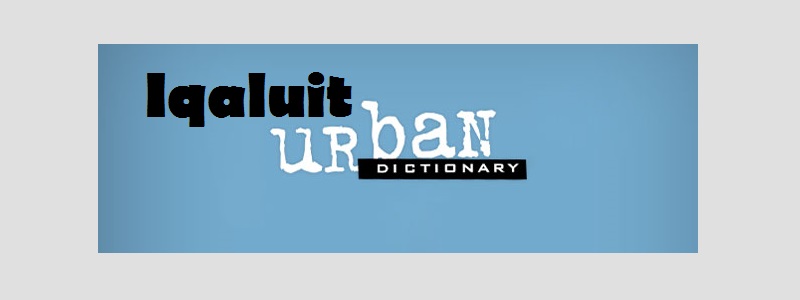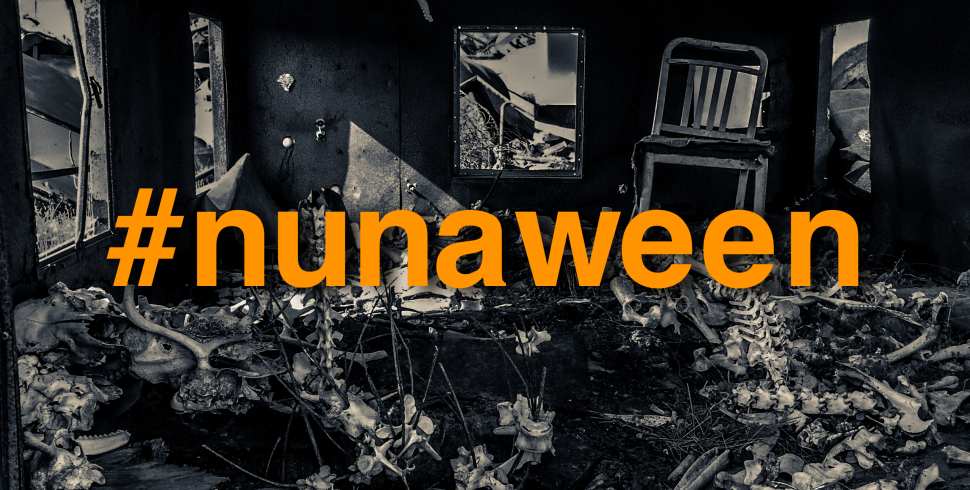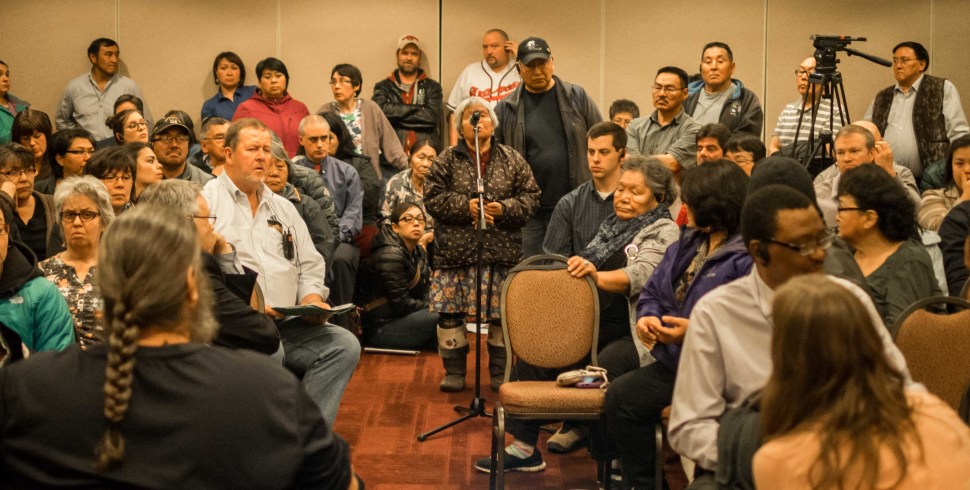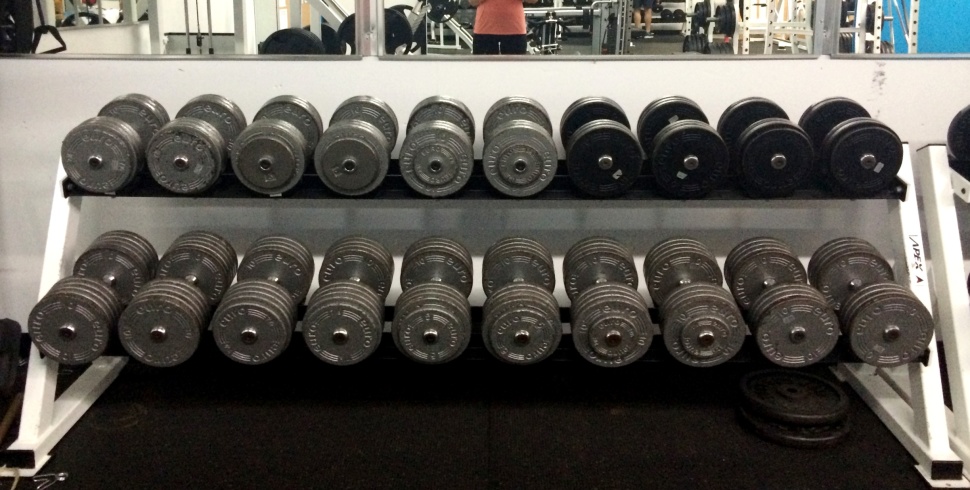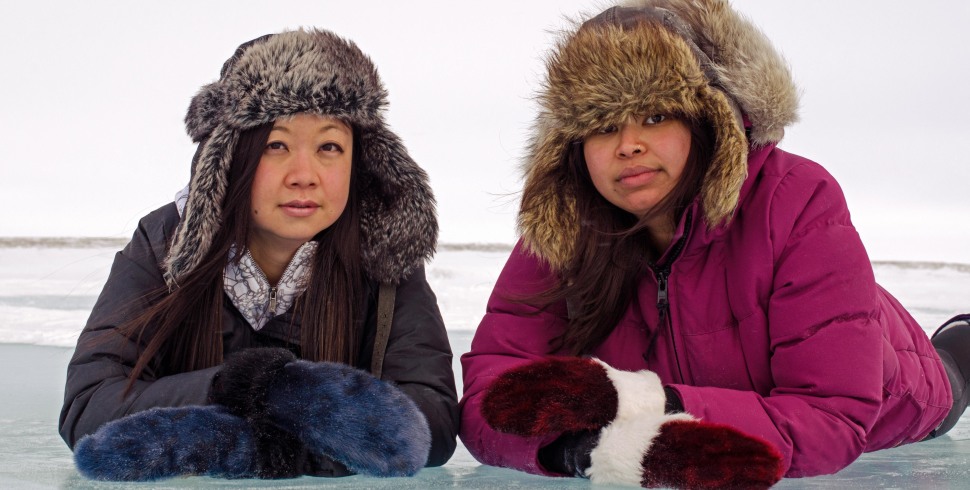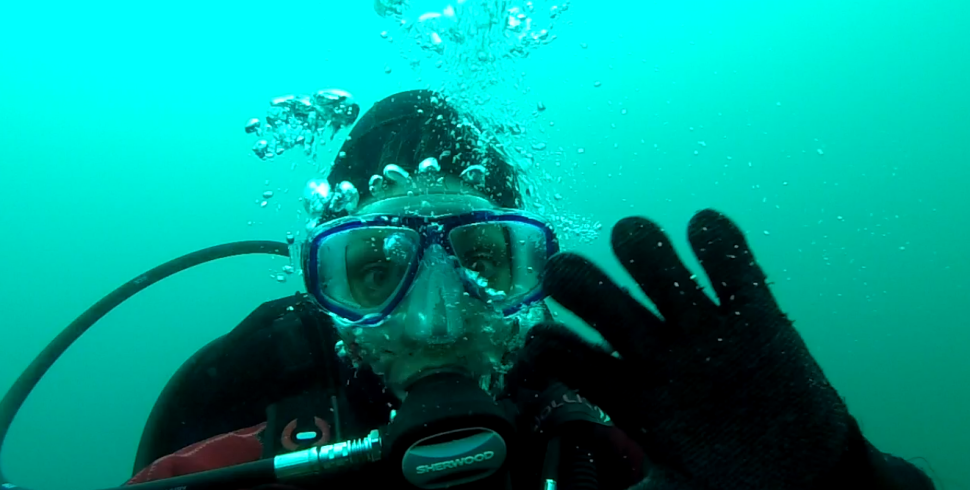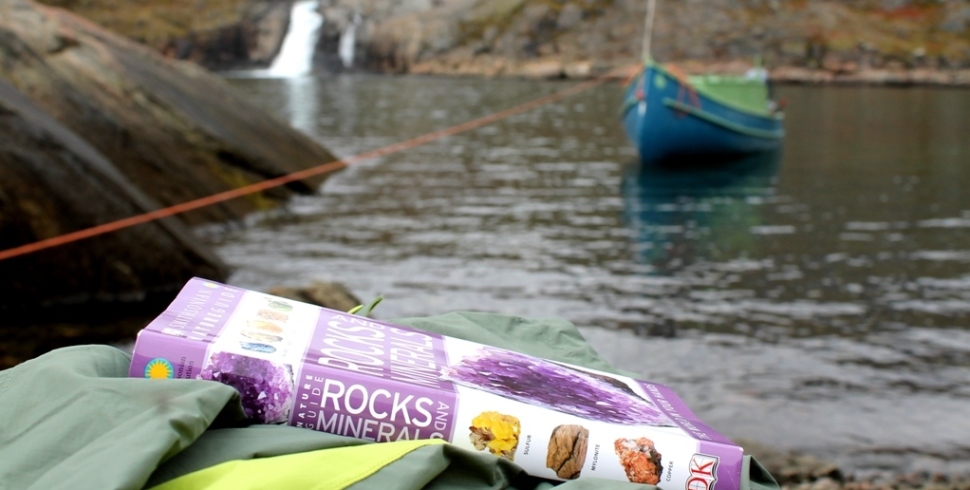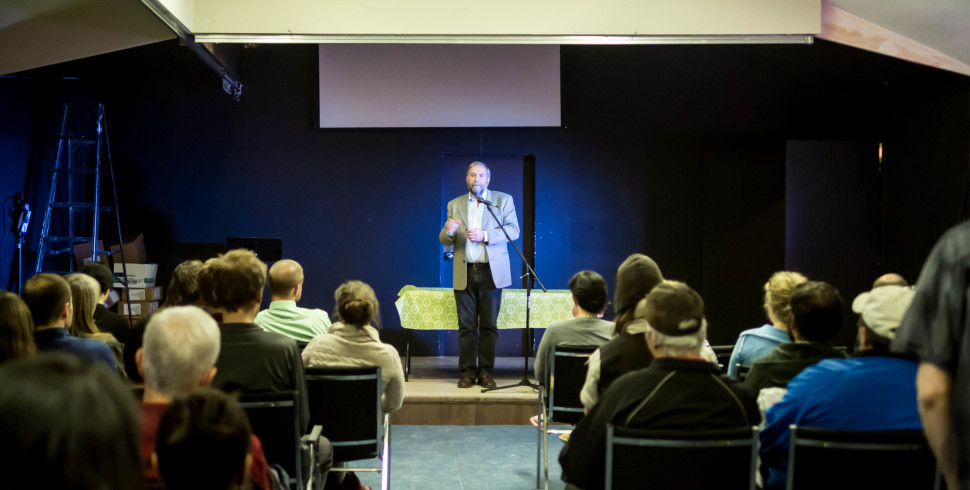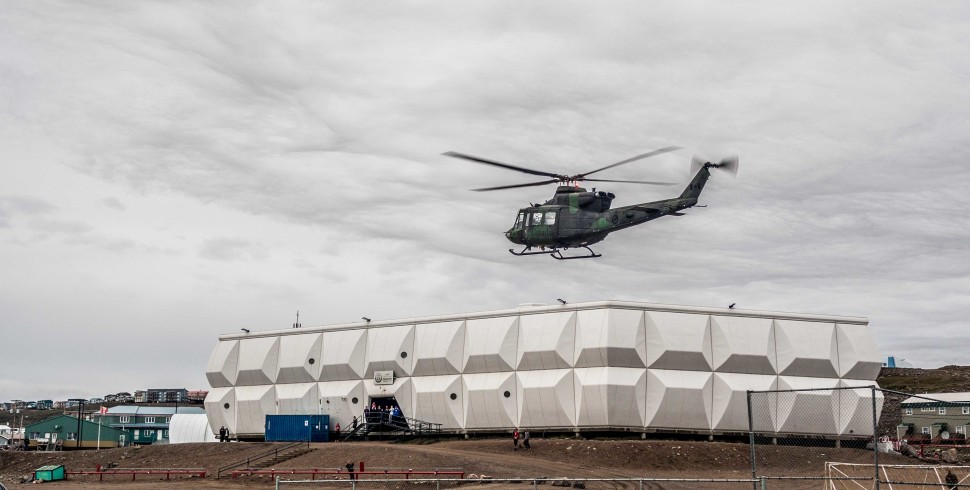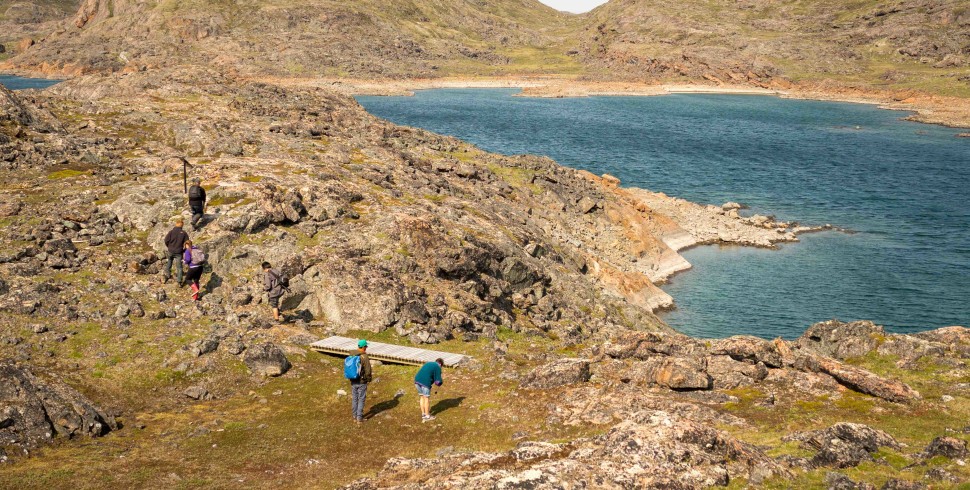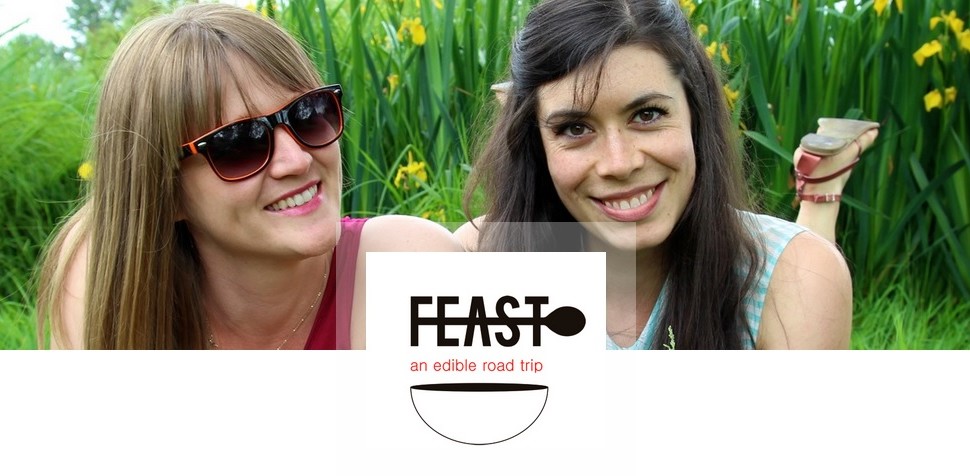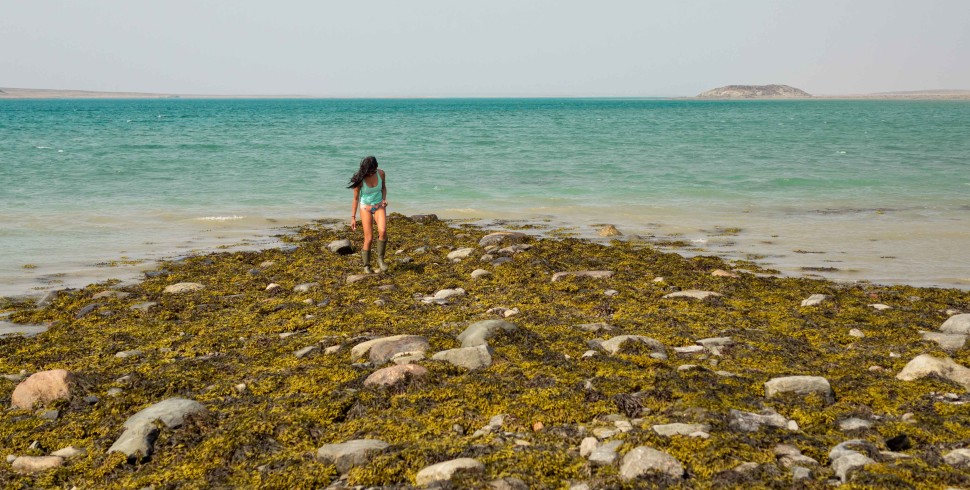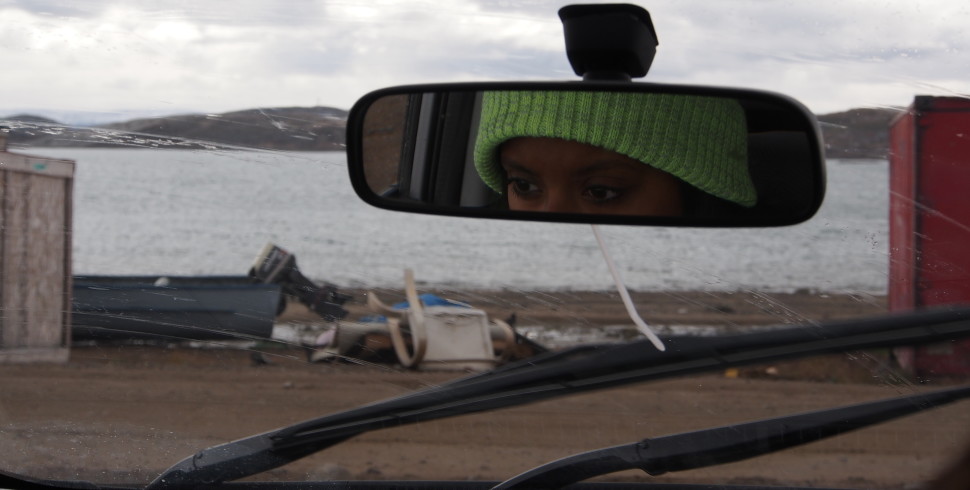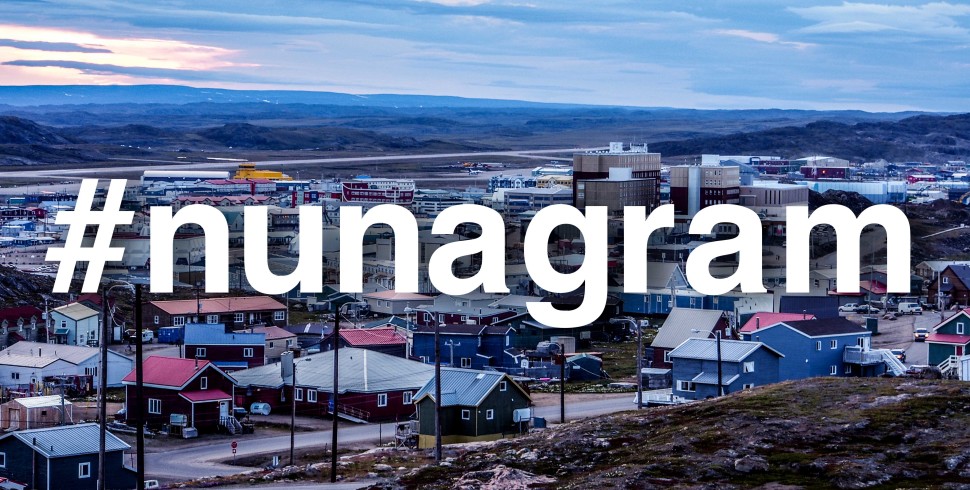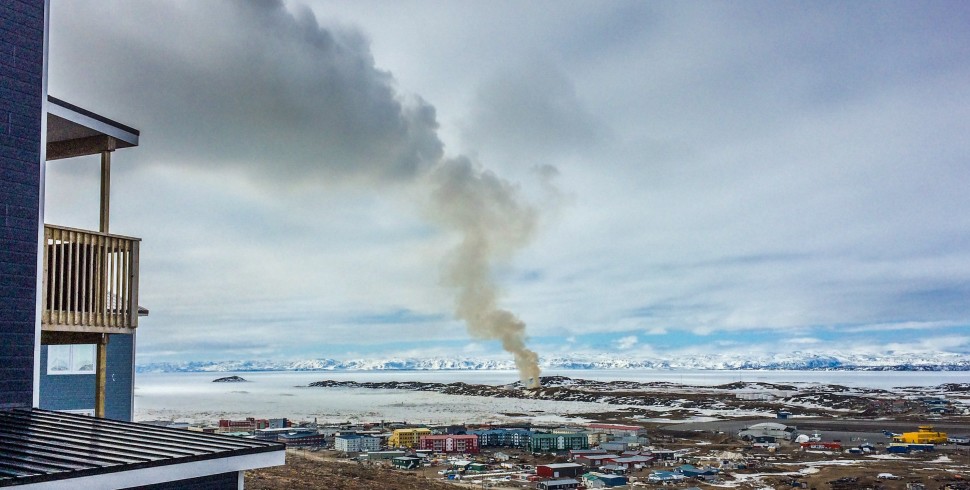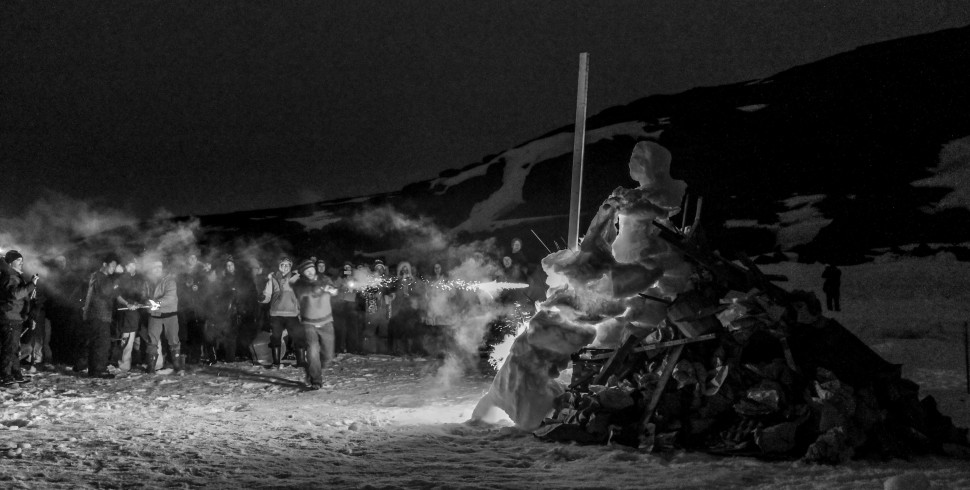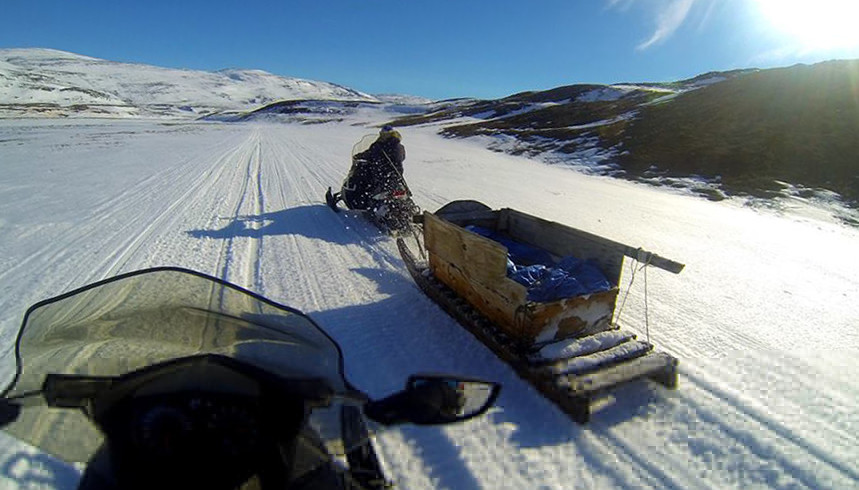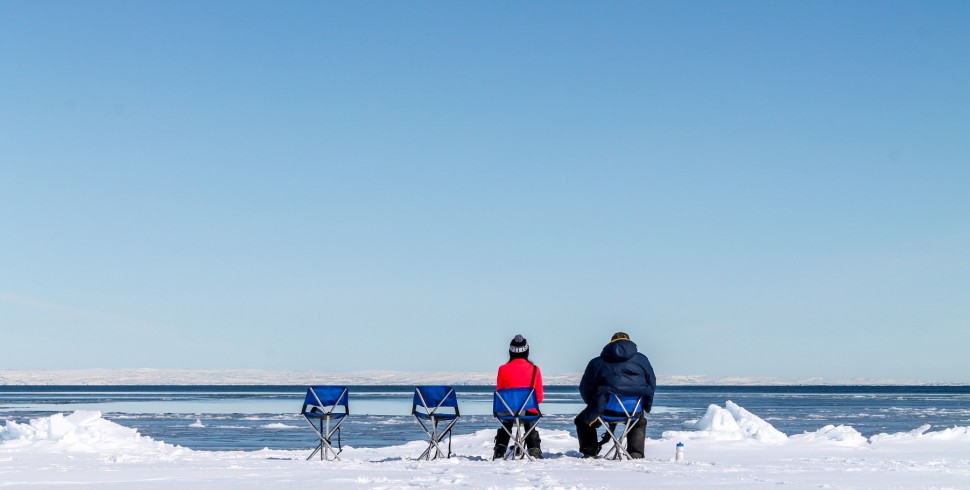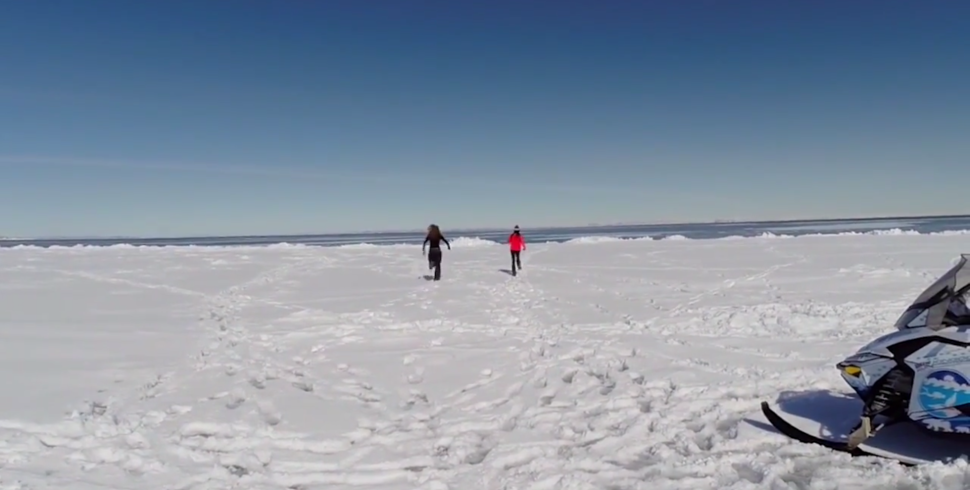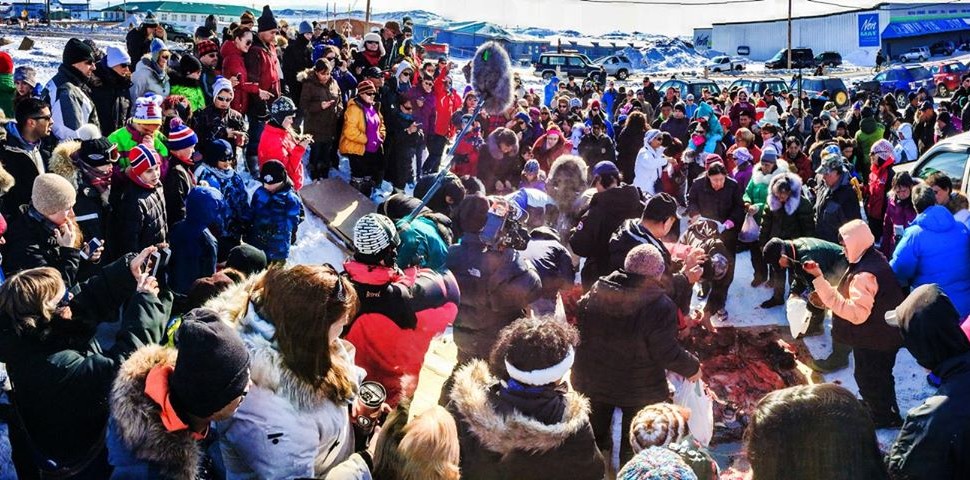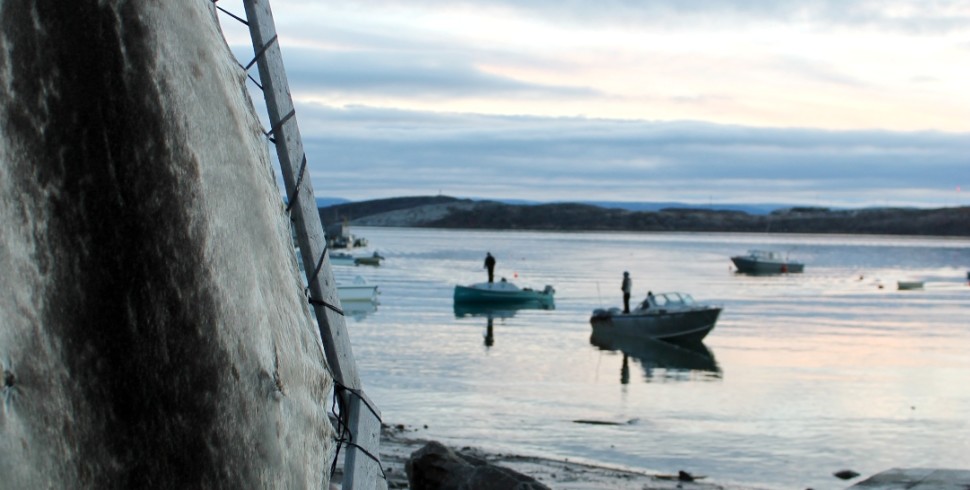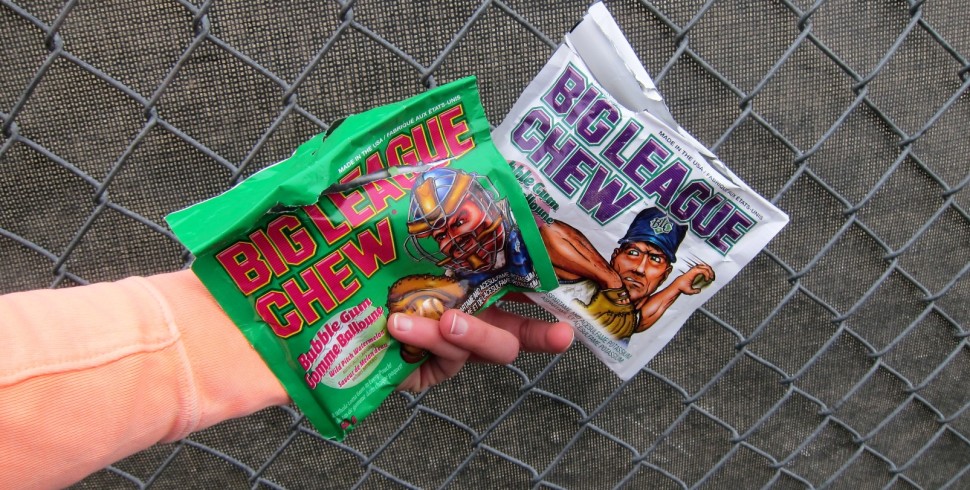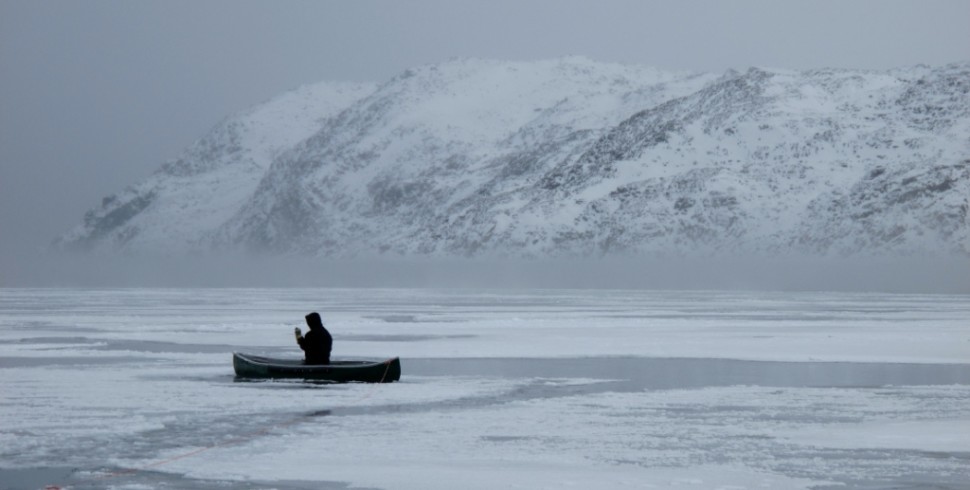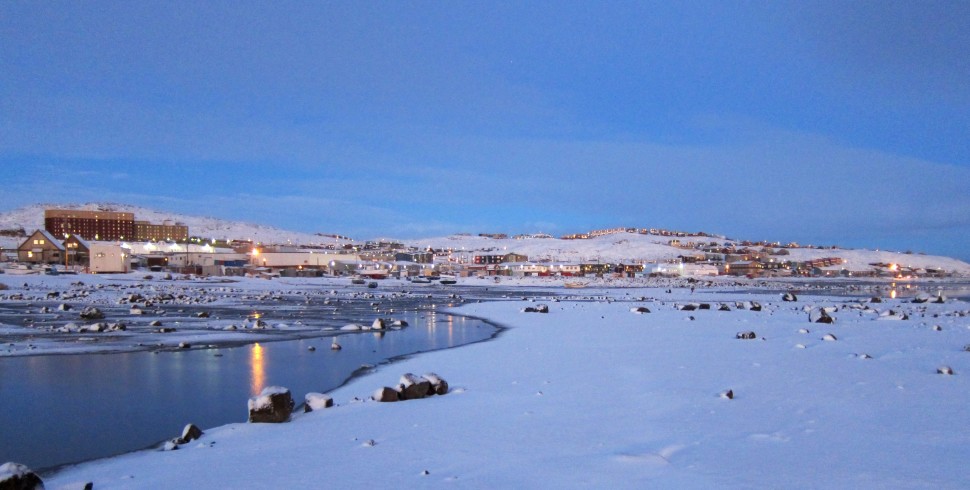Today, on October 16, organizations across the globe are recognizing World Food Day. Food is of central importance to people, families, and cultures worldwide. But access to food is a daily struggle for too many – especially here in the territory.
In Nunavut, the 2007-2008 Inuit Health Survey found that 70% of Inuit adults are food insecure, and that 70% of Inuit preschoolers live in food insecure homes. This is eight times higher than the national average, and amongst the highest rates of food insecurity in a developed nation. In Iqaluit, a 2012-2013 survey found that 28% of households (including Inuit and non-Inuit) are food insecure. This is comparatively better than the territorial average, but still much higher than Canada as a whole.
Eat Think Vote Event
Tomorrow, on October 17, The Qayuqtuvik Society is hosting a public event in support of Food Secure Canada’s national Eat Think Vote campaign. The purpose of the campaign is to call on federal election candidates to commit to a national food policy and to encourage community members to come together to think about how to build a better food system.
The Qayuqtuvik Society sees the upcoming election as an opportunity for Iqalummiut to engage in a discussion about food issues in Iqaluit and Nunavut and amidst the broader dialogue in Canada. The Eat Think Vote event will hopefully highlight not only the issue of food insecurity in the territory, but also the strengths, solutions, and assets we have in our communities. The Qayuqtuvik Society is encouraging community members, local organizations, MLAs, mayoral candidates, federal candidates to attend.
What: Community dinner, voter information, and moderated discussion (everything is free, everyone is welcome!)
When: Saturday, October 17, 2015 at 5:00pm
Where: Iqaluit Food Centre (formerly known as the Soup Kitchen)
To get up to speed in advance of tomorrow’s event, we put together a summary of federal party leader commitments (which is not exhaustive, so click the links for more information) and Nunavut federal candidate statements – your one-stop-shop for territorial food security politics.
Commitments from the Federal Party Leaders
Thomas Mulcair
Invest an additional $32 million over four years to fix and expand Nutrition North to include 50 isolated communities currently excluded from program subsidies by the Conservatives.
Conduct a review of Nutrition North in partnership with northerners to ensure fair access.
Work in partnership to develop and support sustainable food security solutions that include reducing the prices of store bought food but also integrate the use of local and country foods and community supports.
In cooperation with the provinces and territories, the NDP’s comprehensive food strategy will bring an integrated approach to federal policy to connect agriculture, rural development, environment, health and income security.
Tom Mulcair in Iqaluit promises $32M to expand Nutrition North http://t.co/5Y0oi9u1yy pic.twitter.com/PX7OsogZWz
— CBC Canadian News (@CBCCanada) September 30, 2015
Stephen Harper
Fund Nutrition North with a new $32 million promise over four years.
Pledge to roll out the program to 40 additional communities.
#CONs mirror promise made by Thomas Mulcair when he visited Nunavut at the end of September http://t.co/K9cAZs1ZK6 #cdnpoli Nutrition North
— Katherine Roosevelt (@KatherineRoosev) October 10, 2015
Justin Trudeau
Provide an additional $40 million over four years to the Nutrition North program.
Work with northern and remote communities to ensure that the Nutrition North Canada program is more transparent, effective, and accountable to northerners and other Canadians.
Increase the Northern Residents Deduction – designed to help attract workers and mitigate the higher costs of living in the North – by 33 percent to a maximum of $22 a day, and index it to keep pace with inflation.
Work with Inuit communities and other Northerners to ensure the program is fair and accessible for those who need it, with clear and consistent eligibility criteria.
Support developing and funding a national strategy to reduce food insecurity in Canada.
Stephen Harper’s neglect of Nutrition North has hurt our northern communities. Let’s fix it: pic.twitter.com/xFtZcfFiir
— Justin Trudeau (@JustinTrudeau) October 10, 2015
Elizabeth May
Develop a national food policy that fits the northern context, including the right to food for Indigenous Peoples in Canada.
Improve food insecurity rates in Canada, and recognizing the unique needs and challenges of Indigenous and Northern communities.
Provide adequate and sustainable funding for Community Food Coordinators in all northern communities.
Overhaul Nutrition North.
Work to implement the Auditor General’s recommendations to ensure the benefits of the program accrue to communities.
Elizabeth May and Quebec Candidates Announce Green Party's Agricultural and Food Security Plan http://t.co/nEu8pYMvwe #cdnpoli #bcpoli
— GREEN Voter (@qppolitics) July 25, 2015
Statements from the Nunavut Federal Candidates
CBC Federal Candidates Forum
The CBC Federal Candidates Forum that took place earlier this week posed a few food security-related questions to the three participating hopefuls (Jack Anawak, Hunter Tootoo, Leona Aglukkaq). You can read each of their responses in our Forum summary.
CBC Coverage of the Food Crisis as an Election Issue
The CBC asked federal candidates to weigh in on the food crisis as an election issue. You can also learn more about their positions via CBC’s interviews and transcript from a few months ago.
If you’d like to contribute to the food security discussion, be sure to come to the Iqaluit Food Centre on Saturday, October 15, 2015 at 5:00pm to get involved.


